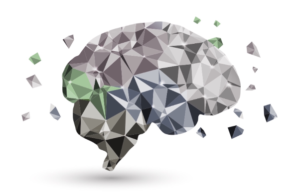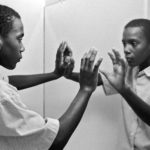“WOKE” TO UNDERSTANDING IDENTITY DEVELOPMENT IN SOCIALLY CONSTRUCTED, CULTURALLY DIVERSE CONTEXTS
This series creates space for intentional self-reflection and thought provoking discussion on the topic of socialization and identity formation. Specially designed for those who want to compassionately accompany people in the development of resiliency as their identities become amplified, challenged, or rearranged by their everyday experiences. This series will provide an informed approach to understanding and evaluating the need to making pragmatic shifts in the social practices and structural conditions of culturally diverse communities. Paul Kivel says, “We need to learn how to talk about bias without the rhetoric, which fans the flames; without attack or intimidation, which separates people from one another.”[1]
This unconscious bias awareness workshop is NOT a diversity class. It is designed to significantly increase knowledge, attitudes and provide a preparedness to effectively communicate in culturally diverse communities. A conversation series is only capable of starting the process of awareness; the participants must have the desire to implement learning’s and continue to acquire additional insight and understandings. Participants do this not because of self but because of their responsibility to those under their care in the transitional stage of life.
 Making the Unconscious, Conscious
Making the Unconscious, Conscious
Nietzsche said, “The most basic human motivation is to impose our will on other people”. How does our mind work in affecting beliefs that determine our will? For some of our most important beliefs, we have no evidence at all, except that people we love and trust hold these beliefs. Considering how little we know, the confidence we have in our beliefs is preposterous—and it is also essential.
Unconscious biases are unsupported judgments that are automatic, unintentional, deeply engrained and able to influence behavior.
Now give us a call; let’s begin a conversation.
How to Have Coherent Conversations in 2020
“When we hear the word “bias,” we instinctively think of such things as racial prejudice or slanted news coverage, but our brains are actually remarkably susceptible to all sorts of cognitive biases.” (Yagoda, 2018).
America has become so divided that it is almost impossible to have rational discussions on any subject. We are more polarized than ever before, less likely to listen to each other, and make decisions based on what we already believe to be true.
Every conversation has the ability to devolve. Before you allow your next conversation to go off the rails, practice a tactic that can change the temperature in the room:
- Introduce scale. Ask the other person, how confident on a scale of 1 -10 are they with their facts. This will help you break from the all or nothing.
- Seek to understand. What evidence or conditions might change your mind?
- Practice humility. State, I don’t know enough to hold a firm position. Can you provide me more details?
Conversational competence and interpersonal skills are critical for coherent conversations. Overcome the self-interest and pride of the other person by channeling the discussion to identify what they really know versus what they have heard. It’s been said, ” No man has ever listened himself out of a job.” And always be prepared to be amazed at how little facts are the foundation of the person’s position.


